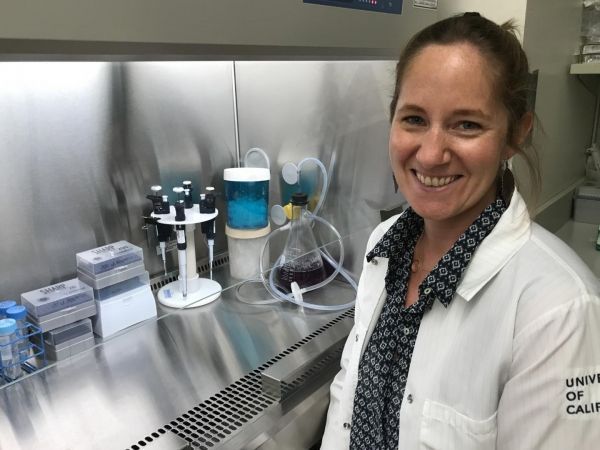FINDINGS
In the first study of its kind, researchers have found that cholesterol-lowering statins may improve the conditions of people with a rare lung disease called autoimmune pulmonary alveolar proteinosis. The research also suggested that two new tests could help diagnose the condition.
BACKGROUND
Autoimmune pulmonary alveolar proteinosis is a rare syndrome affecting 1 in 150,000 people worldwide. The condition stems from an abnormal accumulation of an oily substance made up of cholesterol, phospholipid and proteins in the air sacs, or alveoli, of the lungs. The buildup occurs because cells called alveolar macrophages, which normally help clear out the substance, do not function properly. When the air sacs become clogged, patients develop shortness of breath and, potentially, respiratory failure. Currently, the only treatment is “whole lung lavage,” an invasive procedure performed under anesthesia that washes out the buildup of debris from the lungs. Statins are a class of drugs that lower cholesterol in the blood and can reduce the risk of heart attack and stroke. They work by blocking a substance needed to make cholesterol.
METHOD
The key observations that initiated this study were serendipitous. Researchers noticed that a patient with autoimmune pulmonary alveolar proteinosis had responded poorly to whole lung lavage but drastically improved with oral statin therapy. Six months after starting statin therapy for high blood cholesterol, the 58-year-old woman’s breathing unexpectedly improved and she no longer required supplemental oxygen therapy. Researchers subsequently identified another patient, a 66-year-old woman, whose pulmonary alveolar proteinosis also improved on oral statin therapy.
Read more at University of California - Los Angeles Health Sciences
Image: Elizabeth Tarling and colleagues found that cholesterol-lowering statins may improve the conditions of people with a rare lung disease called autoimmune pulmonary alveolar proteinosis. (Credit: UCLA Health)


